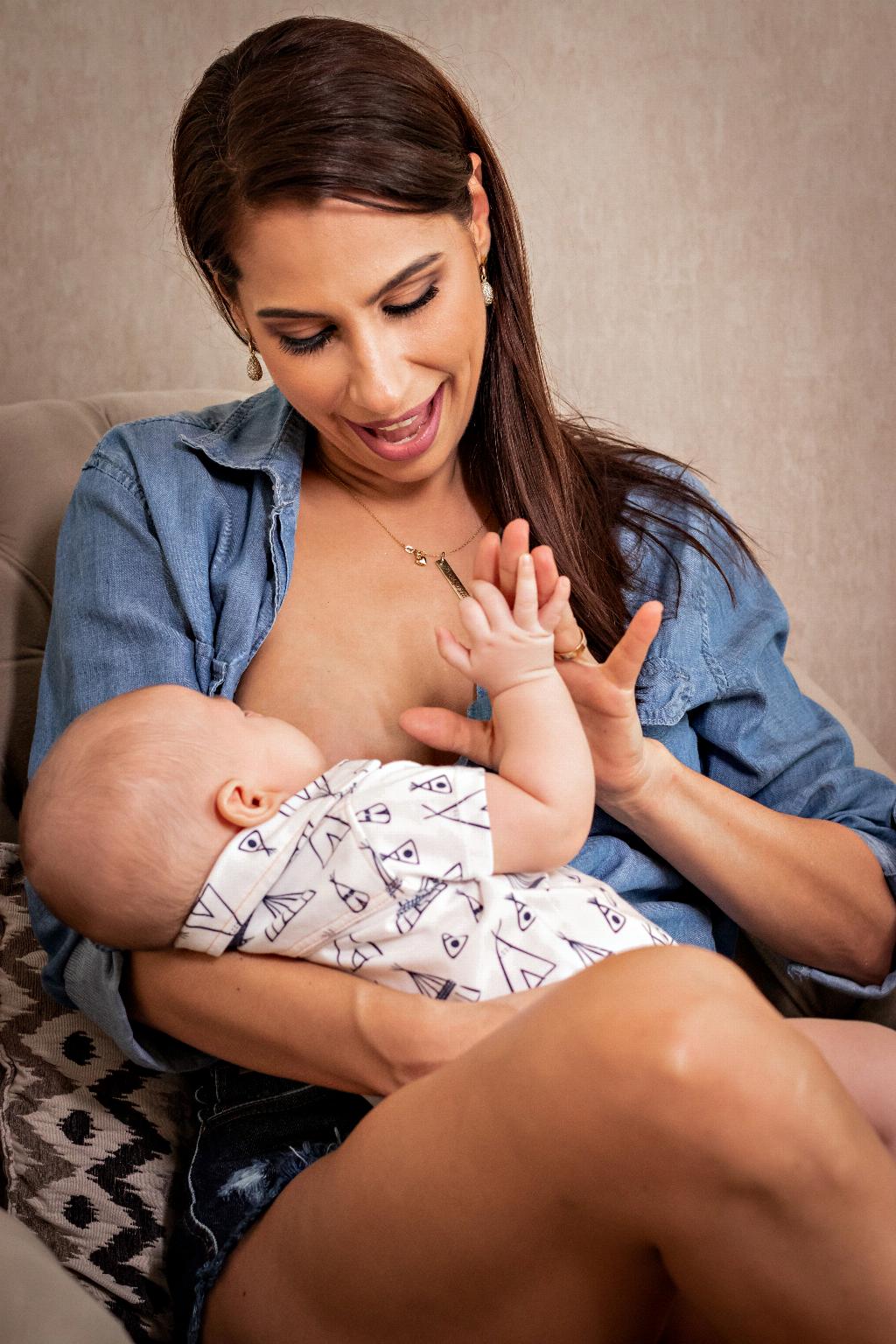When it comes to the duration of breastfeeding sessions for a 3-month-old baby, it’s essential to consider various factors that influence the feeding patterns and needs of infants at this stage of development.
Individual Variations in Feeding Habits
Each baby is unique, and their feeding habits may vary. While some 3-month-old babies may efficiently nurse and satisfy their hunger in as little as 5 to 10 minutes per breast, others may take longer to feed or prefer shorter, more frequent sessions.
Established Feeding Routines
By the time a baby reaches 3 months of age, they typically start to establish feeding routines. Some babies may feed quickly and efficiently, while others may take their time to nurse, pause, and then resume feeding. It’s crucial for parents to observe their baby’s cues and respond accordingly.
Growth and Development
At 3 months old, babies are rapidly growing and developing. They require adequate nutrition to support their physical and cognitive growth. Breastfeeding sessions are not just about nourishment but also provide comfort, bonding, and security for the baby.
Responsive Feeding
Responsive feeding is a key aspect of breastfeeding at any age. It involves recognizing and responding to the baby’s hunger cues and feeding them on demand. For a 3-month-old baby, this may mean feeding whenever they show signs of hunger, regardless of the time elapsed since the previous feeding session.
Cluster Feeding Patterns
Some 3-month-old babies may exhibit cluster feeding behavior, where they feed more frequently for shorter intervals during certain times of the day. This pattern is a normal part of infant feeding and may help increase milk production and ensure the baby receives enough nourishment.
Comfort Nursing
Comfort nursing is another aspect to consider when discussing the duration of breastfeeding sessions for a 3-month-old baby. Babies may nurse not only for nutrition but also for comfort, soothing, and emotional connection with their caregiver.
Guidelines for Breastfeeding Duration
While there are general guidelines regarding the duration of breastfeeding sessions, it’s essential to remember that these are just approximate values. Every baby is different, and their feeding needs can vary. It’s crucial to focus on the baby’s overall health, growth, and satisfaction rather than strict adherence to time limits.
Monitoring Weight Gain
One way to assess if a 3-month-old baby is getting enough milk during breastfeeding sessions is to monitor their weight gain. Regular weight check-ups with a healthcare provider can help ensure that the baby is growing appropriately and receiving adequate nutrition.
Enjoying the Bonding Experience
For many parents and babies, breastfeeding is not just about nourishment but also about building a strong bond and connection. The time spent breastfeeding can be a special opportunity for closeness, eye contact, and skin-to-skin contact that benefits both the baby and the parent.
Consulting with a Lactation Consultant
If parents have concerns about the duration or frequency of breastfeeding sessions for their 3-month-old baby, consulting with a lactation consultant or healthcare provider can provide valuable guidance and support. Professionals can offer personalized advice based on the baby’s individual needs and development.
Conclusion
In conclusion, the duration of breastfeeding sessions for a 3-month-old baby can vary depending on the baby’s individual feeding habits, growth patterns, and comfort needs. Parents are encouraged to observe their baby, respond to their cues, seek support when needed, and prioritize the baby’s well-being and development above strict time constraints.

